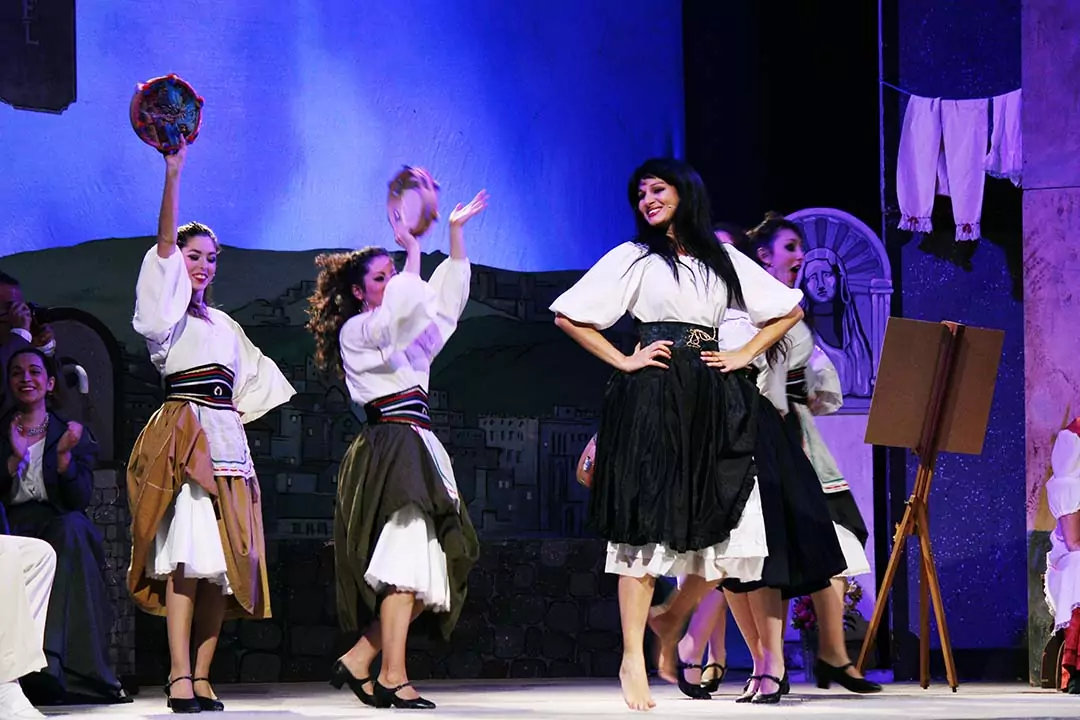

Scugnizza
30 March| Ora 15:30
| €12,00When Carlo Lombardo went to the station to await Mario Costa’s arrival, even he did not know precisely the real reason for their meeting. It was known that Costa needed a lot of money, given his accumulated gambling debts at the Monte Carlo Casino, so it was ideal for him to work for Lombardo, a wealthy impresario from Milan. As soon as he got off the train, Costa was taken to Lombardo’s prestigious musical house and ordered to write an operetta out of the blue. After two weeks, Scugnizza was well and truly ready with an effective libretto and a series of well-chosen and often even inspired songs, first and foremost “Napoletana” and “Salomè, Una rondine non fa primavera.” Scugnizza premiered at the Teatro Alfieri in Turin on the evening of December 16, 1922, with the protagonist Salomè played by Nella Regini who, as a true and also somewhat capricious diva, made it a condition of her participation in the event that she be allowed to wear lavish toilettes in this new operetta as well. Great success with audiences and critics alike, apart from Regini’s inappropriate clothes. Scugnizza is definitely the Italian operetta par excellence, full of typically Neapolitan lyricism. The story, at times touching and at times comic, is absolutely truthful and reflects the canons of the “Italian-style” operetta, with those traits of regionality that distinguish our operetta production. The direction is absolutely philological, as is the intention of the operetta company Elena D’Angelo, with the addition of a peculiarity that embellishes the story: The song “Era de Maggio,” also by Costa, which is not present in the 1922 score, is given to the character of Totò, but with the lyrics modified. This novelty was desired by the author and added in later editions.
Elena D’Angelo.
Playbill
operetta in three acts by Carlo Lombardo e Mario Costa
direction Elena D’Angelo
with Elena D’Angelo, Matteo Mazzoli, Paolo Cauteruccio, Merita Dileo, Gianni Versino, Maresa Pagura, Carlo Randazzo, Paola Scapolan
conductor Marcella Tessarin
orchestra and corps de ballet Compagnia Elena D’Angelo
choreography Martina Ronca
staging and costumes Grandi Spettacoli
production Compagnia d’Operette Elena D’Angelo
Duration 2 hours without intermission




